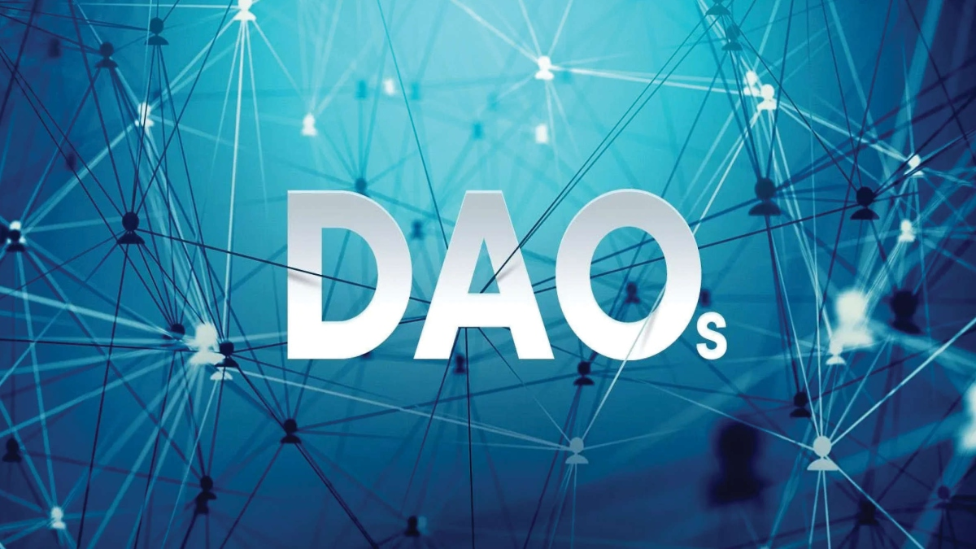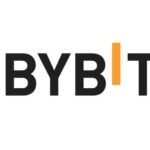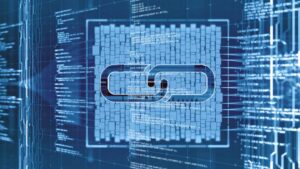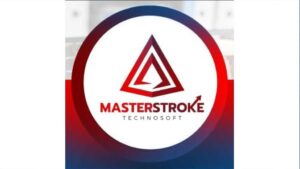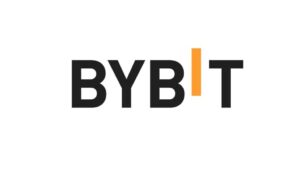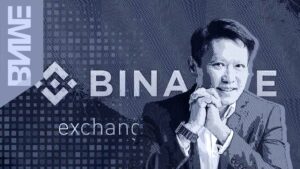Decentralized Autonomous Organizations (DAOs) are virtual communities where interested persons invest in a project, usually by pooling their resources. In return, these investors get to work without the monopoly of a centralized authority; they get to make decisions by consensus rather than very few. This century has seen the introduction of decentralized systems into many Blockchain and cryptocurrency organizations, the first of which was the Ethereum Decentralized Autonomous Organization in 2015. Unfortunately, this organization was largely unsuccessful due to a severe technical perk. However, this is not necessarily to say that the use of DAOs has faded; if anything, they have become notorious. The rapid formation of DAOs has made it essential to be aware of their legal standing. The section below does a detailed analysis of the legal status of DAOs
What is the Current Legal Status of DAOs
The legal status of DAOs refers to the recognition and incorporation of such organizations as artificial persons who can perform corporate duties provided for other companies and corporate bodies in Law. In the spirit of preserving the decentralized nature of DAOs , the Law of many countries has been reluctant to intrude into the status of DAOs. Of course, it gives credence to the truth of the decentralized nature of DAOs, but it has also, in some cases, given rise to fraud and negligence.
Notably, several other legal loopholes ensure members’ protection in a community. Such actions can range from contractual measures to civil torts or instituting protection under specific consumer protection Acts. Ironically, for a practice that has received so much attention and subscription by millions of persons globally, many countries do not recognize DAOs as legal entities.
What are the Effects of DAOs’ Legal Status
Indeed, the low recognition ratings of DAOs question their reliability and viability. Can these platforms be used to perpetrate fraud and negligence as there is no way to hold the organizations accountable under the Law? The question of compensation for affected members of these communities in the instance of negligence is also an area that cannot be ignored. The effects of current legal status may diffuse to the non-applicability of many securities and investment regulations that may curb excessive risks on the part of DAOs.
On the other side of the spectrum, the limitation of DAOs as legal entities has significantly affected their adoption. Persons are only willing to trust legally enforceable ventures to limit as much contingency as possible, especially for volatile cryptocurrency markets.
Conclusion
The jury is still out regarding the legal recognition of DAOs. This is not to say that it restricts the adoption of cryptocurrencies. However, there is no doubt that general acceptance of cryptocurrencies will be severely limited unless they are afforded some form of recognition as entities by the Law. Who knows, maybe the rapid dependence on Decentralized Technology and the recent instability of traditional financial institutions will spur the government of many countries to give some of their control by recognizing DAOs.

